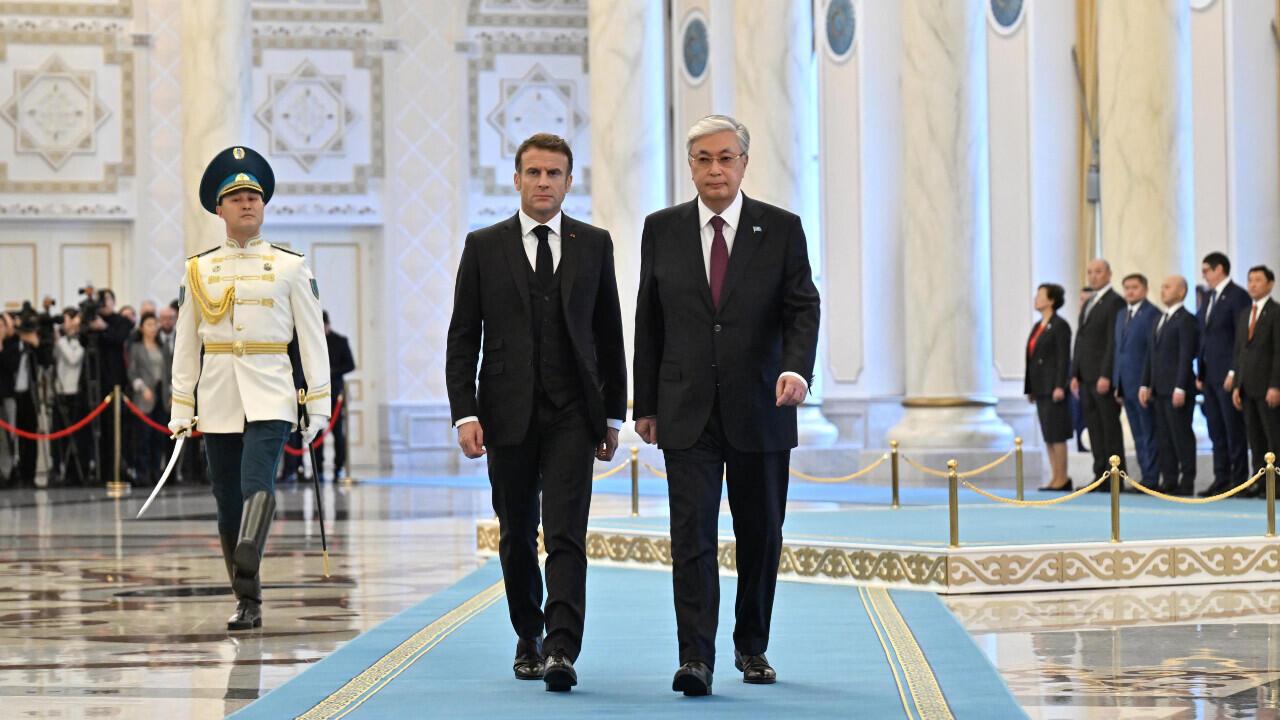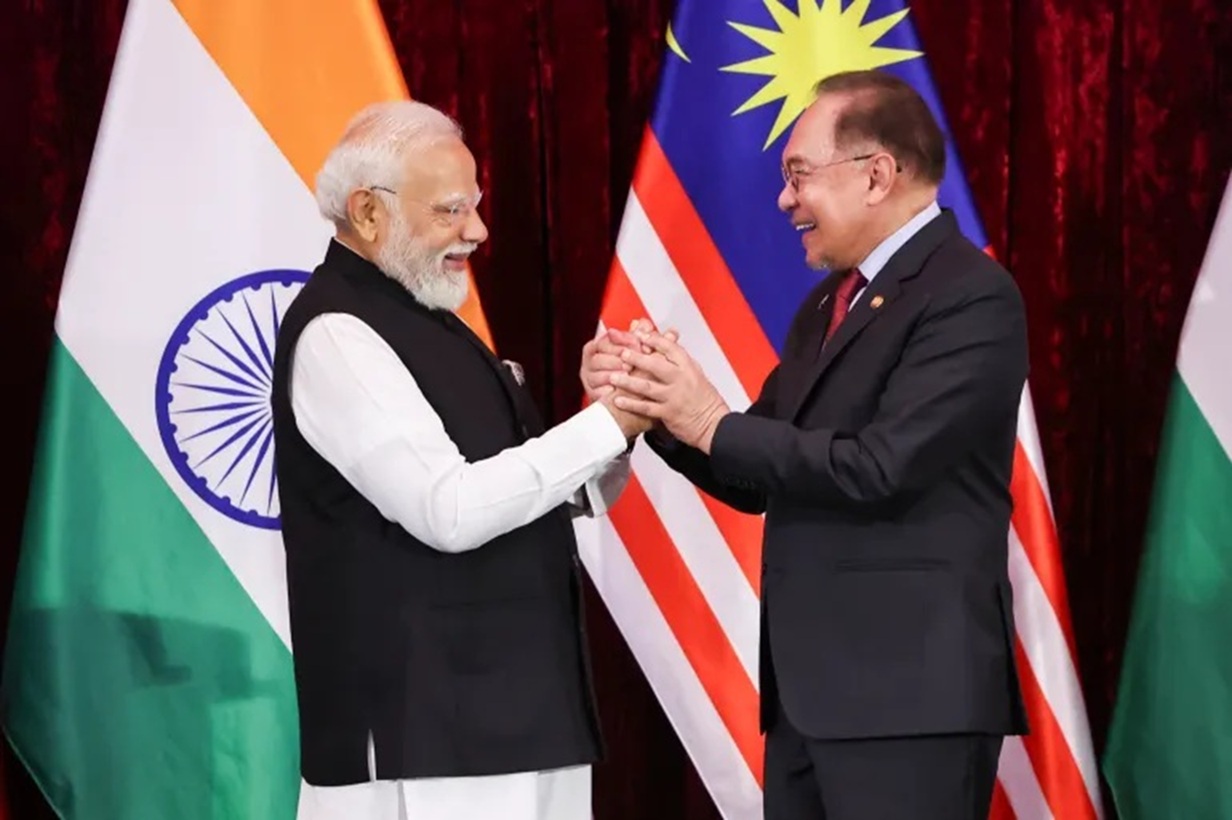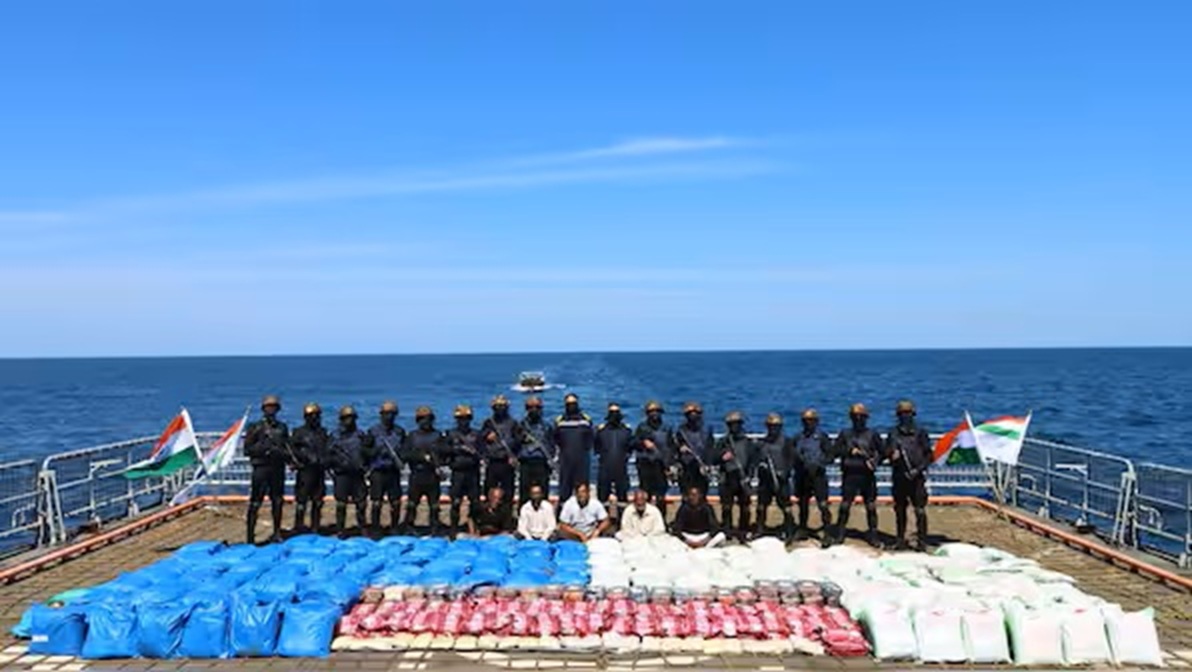This article aims to assess the role of France in fostering the economic development of Inner Asia. The central hypothesis posits that France should be able to capitalise on the opportunities offered by this emerging and strategically significant connectivity hub. The analysis will consider France’s potential policy objectives, while examining how its engagement could shape the development trajectories of Inner Asian countries, positioning the FR as a non-Western actor fostering North–South cooperation.
Central Asia: The Rising Spotlight
French diplomacy considers this interest to be underlying our overall diplomacy, since it is clear that the Asia-Pacific is much more on our minds. Whether it be the Chinese threat to the Taiwanese island government, the weight of economic (inter)dependencies, or the issues in the South China Sea. It is amusing to observe that many people have heard of the Belt and Road Initiative (BRI) project without fully understanding which countries it passes through. However, not one to cast stones, it is clear that a new turning point is emerging, which Michaël Levystone, whom I would like to thank here for this aptly chosen term, describes as “ Le Réveil” (The Awakening) of Central Asia.[1].
Neighbouring powers are showing growing interest in this theatre. As a result, many are seeking to position themselves in the region. Russia, for example, has been seeking to rebuild trust with partners since the start of its “Special Military Operation” following the turmoil in Western markets. China continues to assert itself as a key player in the landscape with its Belt and Road Initiative (BRI), which is attracting many players in the region, from the Caucasus and Turkey to the gates of Europe. Erdogan’s Turkey maintains extremely strong civilizational ties with the peoples of Central Asia, from Genghis Khan to Timur, using various levers of influence that are highly effective, ranging from economic and diplomatic partnerships to arms sales. Even Iran is revelling in a situation that is favourable for it to emerge from international isolation, as it can finally boast of maintaining good relations with its neighbours.
When France intervenes in Central Asia?
“When I welcomed you to Paris, I greeted you as the head of a young state, the heir to an ancient and rich civilisation. On this spring evening, which the people of your country have just celebrated with the festivities of Nawruz[2], it is I who, this time, […] I have the privilege of rediscovering Uzbekistan, which, through Samarkand and Bukhara, is like a bridge between East and West, connecting the Silk Road. [3]“
Like former President François Mitterrand, Emmanuel Macron also seems to have already acknowledged this resurgence: in 2023, he took the initiative to welcome all Central Asian presidents (except for the reclusive Turkmen leader) and, in the same year, undertook the first tour by a French head of state since 1994. This unprecedented tour has been marked by the signing of numerous economic and strategic agreements.
In Kazakhstan, France has strengthened its bilateral relations by signing contracts in strategic sectors such as critical minerals, renewable energy and defence. Notable projects include the development of a wind farm in partnership with TotalEnergies, the supply and assembly of GM 400 military radars by Thales, and cooperation agreements in the pharmaceutical and cultural fields[4]. This momentum has been reinforced by the official establishment of the French Development Agency (AFD) in Astana, effective in 2024 following the ratification of the intergovernmental agreement by the Kazakh authorities in January of the same year. The opening of this office is a major institutional milestone, providing a structured framework for the AFD Group’s activities in the country and consolidating France’s long-term presence in Central Asia[5].
In Uzbekistan, several contracts were also signed in the mining and energy sectors, with France promising to support the country’s policy of openness. These include a pilot uranium extraction project at the Djengeldi mine in the north of the country and agreements for hydroelectric infrastructure (EDF) as part of the policy of openness initiated by Tashkent[6]. At the same time, France has expressed its desire to support Uzbekistan in its economic reforms and in strengthening its energy production capacities, to diversify its critical imports, particularly uranium[7]. As a reminder, in terms of volume, in 2022, France imported approximately 37.3% of its natural uranium from Kazakhstan and 12.9% from Uzbekistan[8].
This strategy is part of a geopolitical context in which Central Asia, long peripheral to French foreign policy, is becoming a crucial region due to its abundant resources (uranium, rare metals, gas, etc.) and its strategic position between Europe, Russia, China and the Silk Road, which is worth emphasising.
French-European Diplomacy in Central Asia
From a multilateral perspective, France does not act alone in Central Asia but is part of the European Union’s common strategies, which have strengthened its regional policy, notably through its Strategy for Central Asia (2019), supplemented by the Global Gateway initiative launched in December 2021, aimed at promoting connectivity, energy transition, sustainable infrastructure, digital technology and security[9].
One example that has not escaped the attention of international observers in this multilateral cooperation is the Samarkand EU-Central Asia Connectivity Conference: Global Gateway, held on 18 November 2022. This was the first regional conference of its kind, bringing together the Central Asian states and the EU to discuss the themes of digitalisation, transport and energy, to translate the principles of resilience, prosperity and regional cooperation into concrete action[10]. In addition, the EU has invested in several projects through its ‘Team Europe’ policy (digital connectivity, transport routes, trans-Caspian corridors) — such as the Trans-Caspian Transport Corridor aimed at connecting Central Asia to Europe and reducing transit times, or initiatives to improve broadband access in rural areas.[11].
Thus, while France has its own priorities and bilateral agreements, its actions are clearly part of this European framework, which allows it to benefit from greater collective strength, greater financial leverage and increased legitimacy when it comes to promoting standards of sustainability, governance and regional security.
However, can France, and Europe more broadly, compete with the financial and diplomatic resources of the other major powers in the region?
Critical Analysis and Outlook (Policy Note)
Despite a clear desire to strengthen its presence in Central Asia, France faces structural challenges that limit its ability to compete with regional players such as China and Turkey. The latter have considerable financial resources, extensive networks of influence and a long-standing presence in the region.
Let us take two examples :
- Through its Belt and Road Initiative (BRI), China has invested heavily in transport and energy infrastructure in Central Asia, thereby consolidating its economic and political influence. With BRI being only the visible part of a much larger scheme that includes strategic investments, bilateral loans and industrial partnerships that extend its control over supply chains and strengthen its diplomatic presence.
- Through its TURKSOY infrastructure network for promoting the Turkish language and TİKAT for financing cultural and educational projects, Turkey is consolidating its influence in Central Asia by drawing on historical and civilisational ties.
Faced with these competitors (the list of which does not claim to be exhaustive), France can position itself not as a hegemonic player, but as an alternative partner — and this is perhaps the key message of this article — by emphasising French expertise, the quality of its projects, the sustainability of its investments and the promotion of governance and institutional cooperation. As demonstrated by its involvement in the civil nuclear sector in Central Asia, with partnerships around Kazakh and Uzbek uranium, support for power plant safety and technology transfer for sustainable energy development.
Four guidance notes :
- Sustainable economic presence
- Partnerships in civil nuclear power (e.g. Kazakh and Uzbek uranium), renewable energies and sustainable infrastructure.
- Support for French SMEs for high-value-added projects, complementing major industrial contracts.
- Cultural and educational diplomacy – soft power
- Expansion of the network of French Institutes and Francophonie programmes.
- Cross-cutting educational programmes in languages, governance, climate and clean technologies to train a new generation of local leaders.
- Ecological and technological diplomacy
- Zero-carbon pilot projects and smart cities – e.g. waste management.
- Initiatives on water and natural resource management.
- Development of public-private partnerships for energy transition and infrastructure modernisation.
- Partnerships in cybersecurity and digital transformation of public administrations.
- Differentiating positioning
- France presents itself as an alternative partner, prioritising sustainability, governance and the transfer of expertise.
- Focus on niches where its expertise is unique: safe civil nuclear power, sustainable resource management, vocational training and cultural soft power.
Conclusion
To sum up, faced with powerful and historically established competitors, France has the means to distinguish itself in Central Asia through an alternative, sustainable and innovative approach. By leveraging French expertise, multilateral cooperation and cultural and technological diplomacy, it can consolidate its influence in a strategic region and contribute to local economic and social development, while strengthening its own position on the international stage.
Title Image Courtesy: France 24
Disclaimer: The views and opinions expressed by the author do not necessarily reflect the views of the Government of India and the Defence Research and Studies

References
[1] Michaël Levystone, Asie centrale : Le réveil, Armand Colin, 2024.
[2] Nawruz is the traditional festival of the Iranian people, who celebrate the New Year of the Persian calendar.
[3] Address by Mr. François Mitterrand, President of the Republic, during his official visit to Uzbekistan, Tashkent, April 25, 1994.
[4] https://www.france24.com/en/live-news/20231101-macron-calls-to-strengthen-partnerships-incentral-asia-visit
[5] https://astanatimes.com/2023/11/kazakhstan-france-sign-agreements-worth-1-4-billion-acrossmultiple-sectors
[6] https://www.lemonde.fr/en/international/article/2023/11/01/macron-in-kazakhstan-tostrengthen-complement-and-accelerate-cooperation_6219389_4.html?
[7] https://www.agenzianova.com/en/news/uranium-and-rare-earths-Macron-from-tomorrow-inKazakhstan-and-Uzbekistan/?
[8] https://www.lexpress.fr/economie/uranium-lasie-centrale-principal-pourvoyeur-francaisJHK36JUU6NAFDOZH44RBL7T4OE/?
[9] https://www.eeas.europa.eu/eeas/eu-and-central-asia-growing-partnership-potential-andambition_en
[10] https://www.eeas.europa.eu/delegations/uzbekistan/samarkand-eu-central-asia-connectivityconference-global-gateway_en
[11] https://international-partnerships.ec.europa.eu/news-and-events/news/global-gateway-eu-andcentral-asian-countries-agree-building-blocks-develop-trans-caspian-transport-2024-01-30_en






